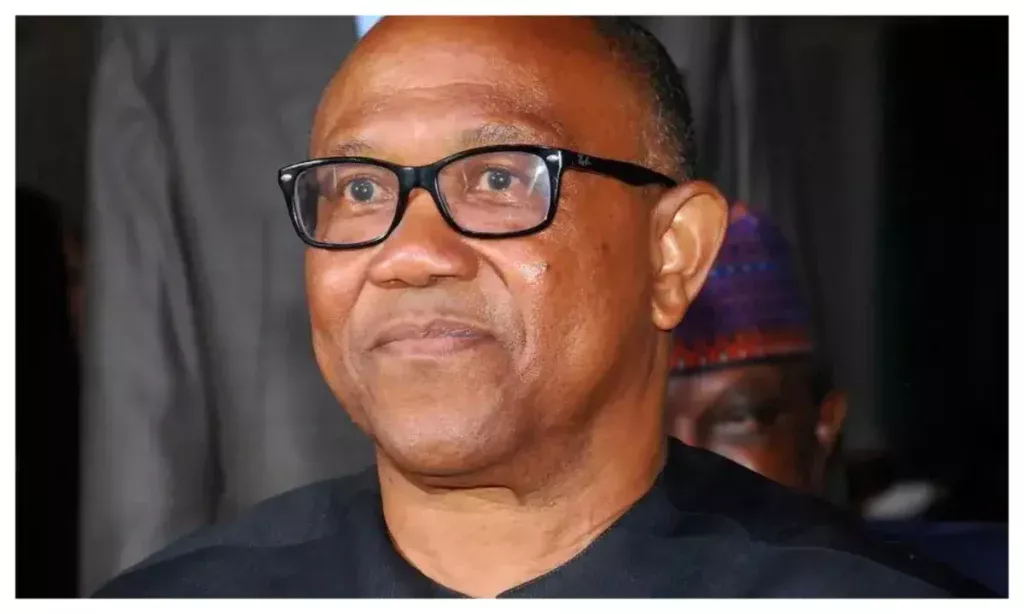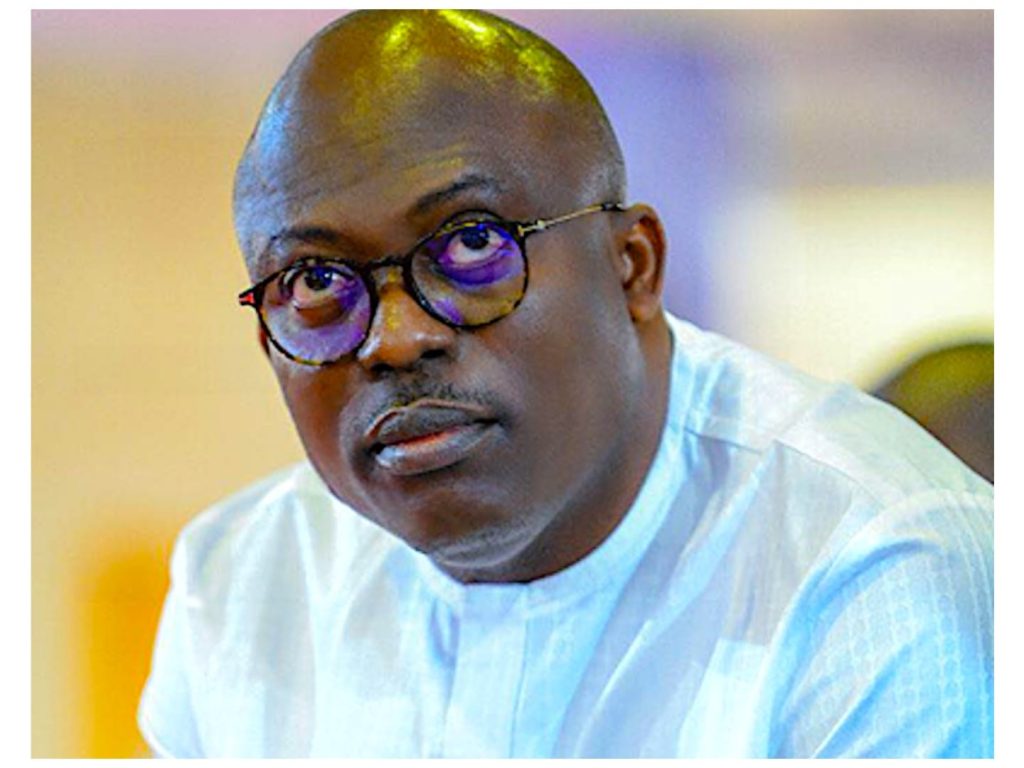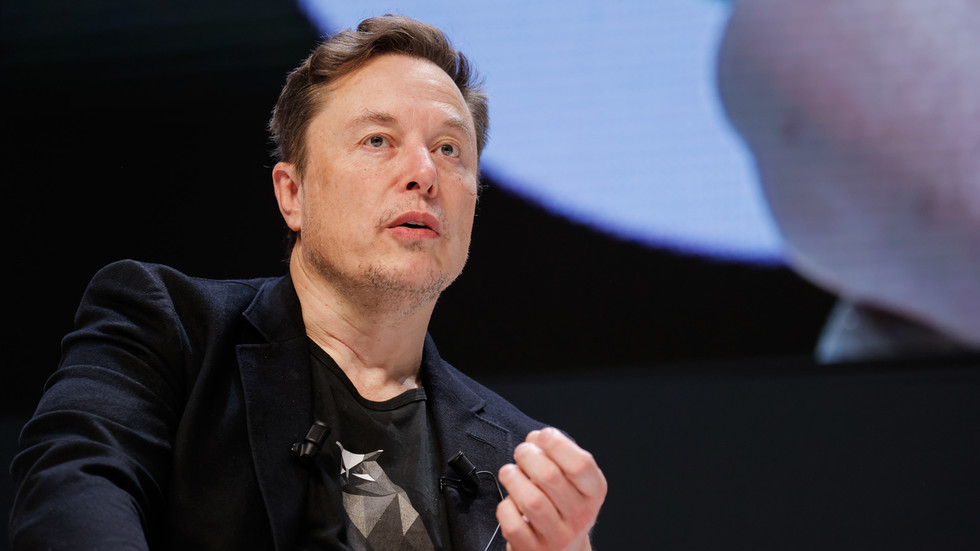A senior member of Nigeria’s ruling All Progressives Congress (APC) has warned opposition figures against using ongoing anti-corruption probes to politically target President Bola Tinubu. Olatunbosun Oyintiloye, an APC leader in Osun State, stated Sunday that investigations by the Economic and Financial Crimes Commission (EFCC) into former governors and officials from opposition parties are lawful and not politically motivated.
Speaking to journalists in Osogbo, Oyintiloye emphasized that Nigeria’s main anti-graft agency operates independently, scrutinizing public officials across political lines when credible petitions alleging financial misconduct arise. He stressed that membership in opposition groups does not grant immunity from such inquiries, noting that ruling party members also face EFCC probes when accusations surface. “The agency has a statutory mandate to investigate anyone, regardless of political affiliation,” he said.
Oyintiloye’s remarks follow recent EFCC actions against several high-profile opposition figures, which some critics have characterized as partisan. He dismissed these claims, arguing that attempts to frame the president as orchestrating investigations for political gain are baseless. “Linking Tinubu to these probes is incorrect and undermines the EFCC’s constitutional role,” he said, urging those under scrutiny to address the allegations legally rather than “resorting to blackmail.”
The APC chieftain asserted that Tinubu’s administration remains committed to accountability, vowing there would be “no room for graft” under his leadership. “The president values integrity and will not shield anyone, including allies, from investigation,” he said, adding that ongoing efforts reflect international anti-corruption standards.
While Oyintiloye acknowledged the heightened sensitivity around financial probes during political transitions, he cautioned against conflating accountability with persecution. “Proving innocence through due process is the path forward—not politicizing the EFCC’s work,” he stated, warning that additional arrests could follow pending inquiries.
The EFCC, established in 2003, has faced periodic accusations of bias from opposition groups over its targeting of political figures. However, Oyintiloye reiterated that its current operations align with its mandate to curb public sector corruption, which remains a systemic challenge in Nigeria. Transparency International’s 2023 Corruption Perceptions Index ranks Nigeria 145th out of 180 countries, underscoring longstanding governance concerns.
As anti-corruption efforts intensify under Tinubu’s administration, analysts note the delicate balance required to maintain public trust in institutions while avoiding perceptions of selective enforcement. Oyintiloye’s statements signal the ruling party’s stance that accountability measures will proceed irrespective of politicalalignments—a message likely to spur debate as Nigeria navigates economic reforms and heightened scrutiny of governance.



